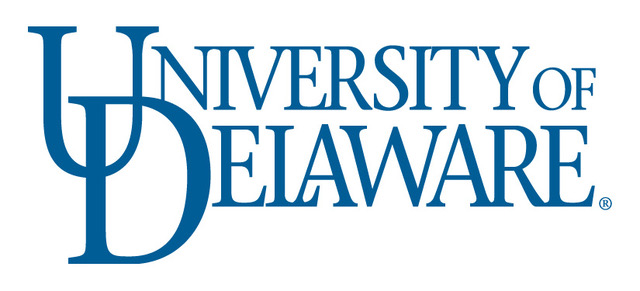Sponsors
Vol. 9 No. 5 (2014): Failure, The Next Generation: Why Rigorous Standards are not Sufficient to Improve Science Learning
Although many states in the United States are adopting policies that require all students to complete college-preparatory science classes to graduate from high school, such policies have not always led to improved student outcomes. There is much speculation about the cause of the dismal results, but there is scant research on the processes by which the policies are being implemented at the school level, especially in schools that enroll large numbers of historically non-college-bound students. To address this gap in the literature, we conducted a four-year ethnographic case study of policy implementation at one racially and socioeconomically diverse high school in Michigan. Guided by the structuration theory of Anthony Giddens (1984), we gathered and analyzed information from interviews with administrators and science teachers, observations of science classes, and relevant curriculum and policy documents. Our findings reveal the processes and rationales by which a state policy mandating three years of college-preparatory science for all students was implemented at the school. Four years after the policy was implemented, there was little improvement in science outcomes. The main reason for this, we found, was the lack of correspondence between the state policy and local policies developed in response to that state policy.
Published:
2014-11-30



